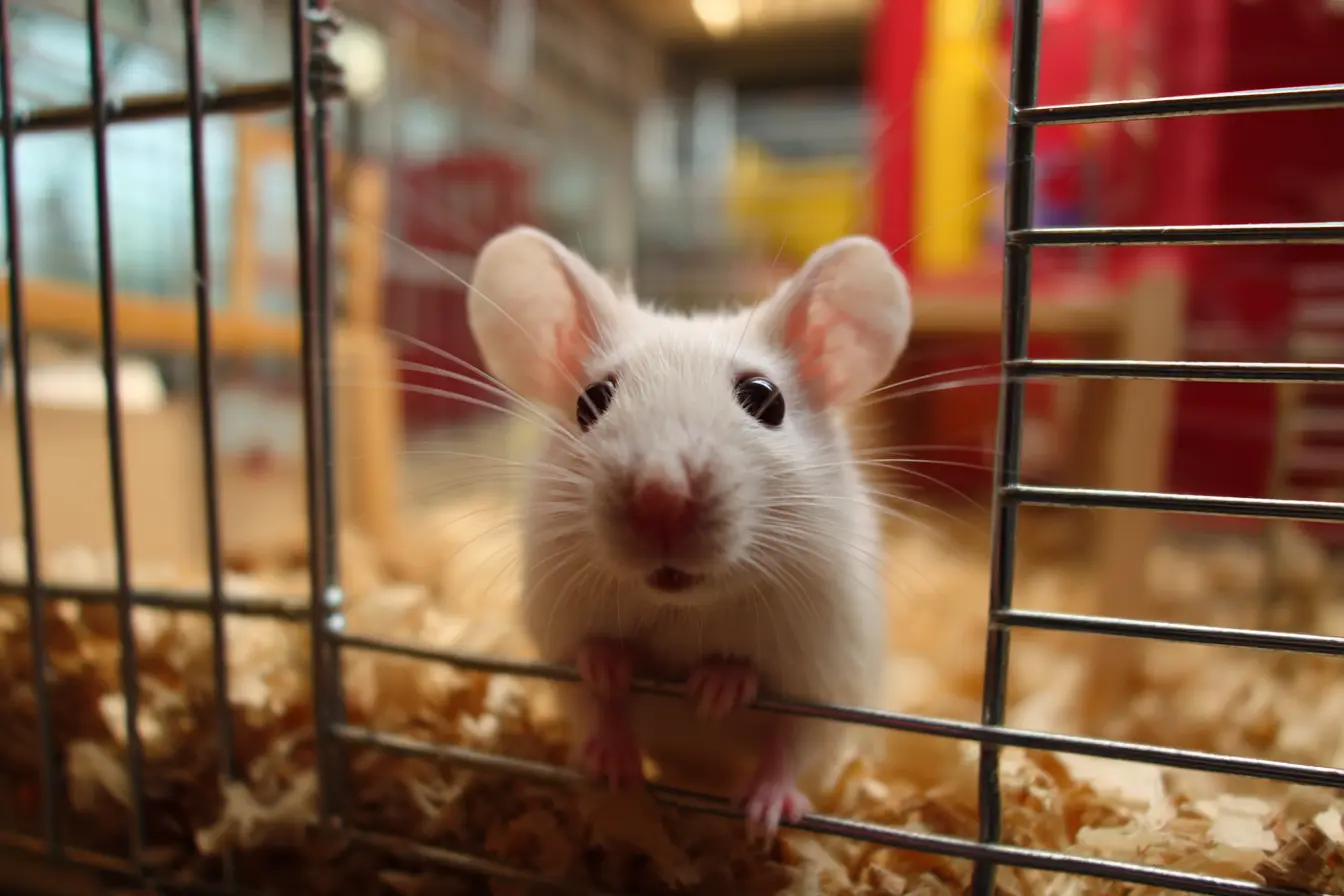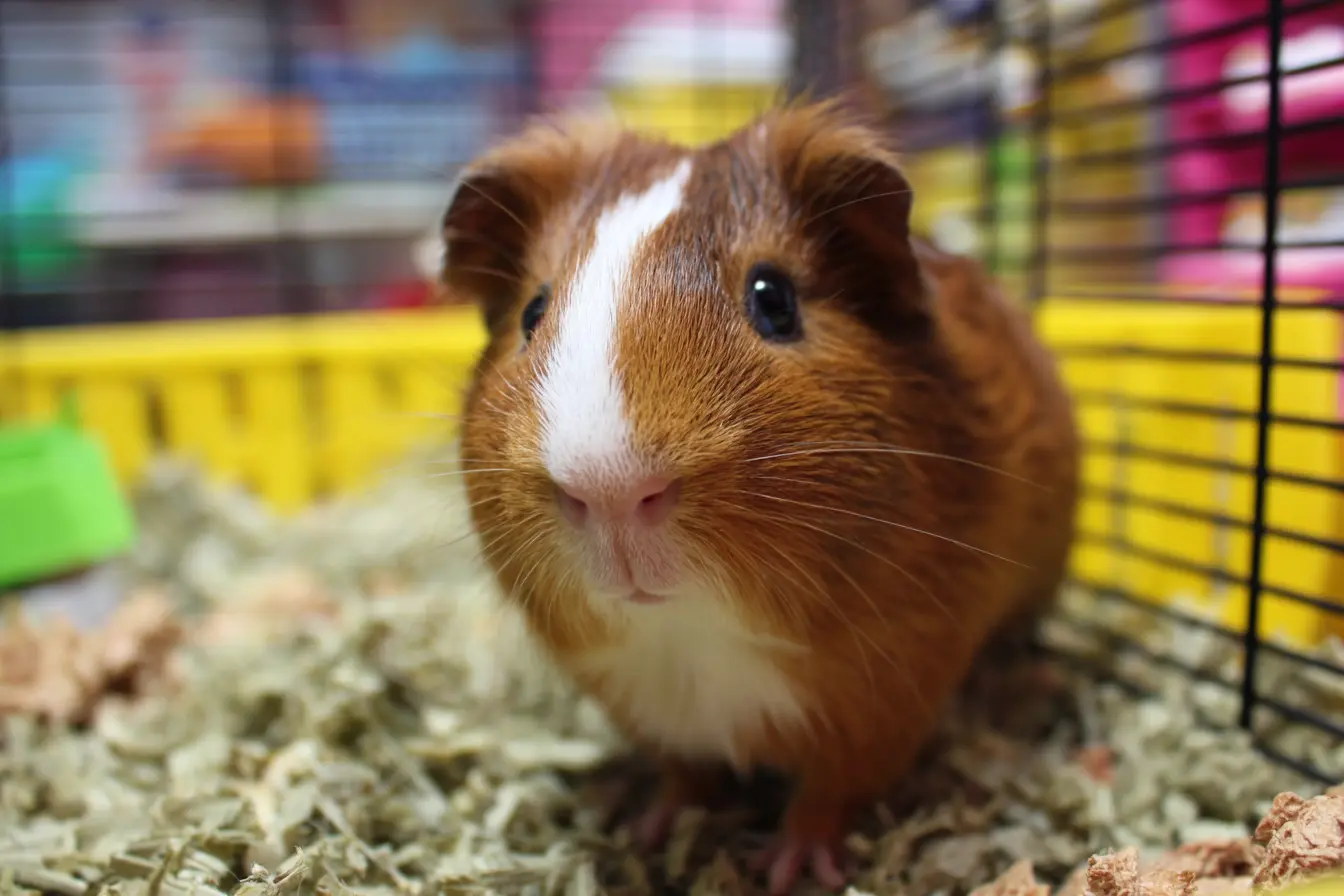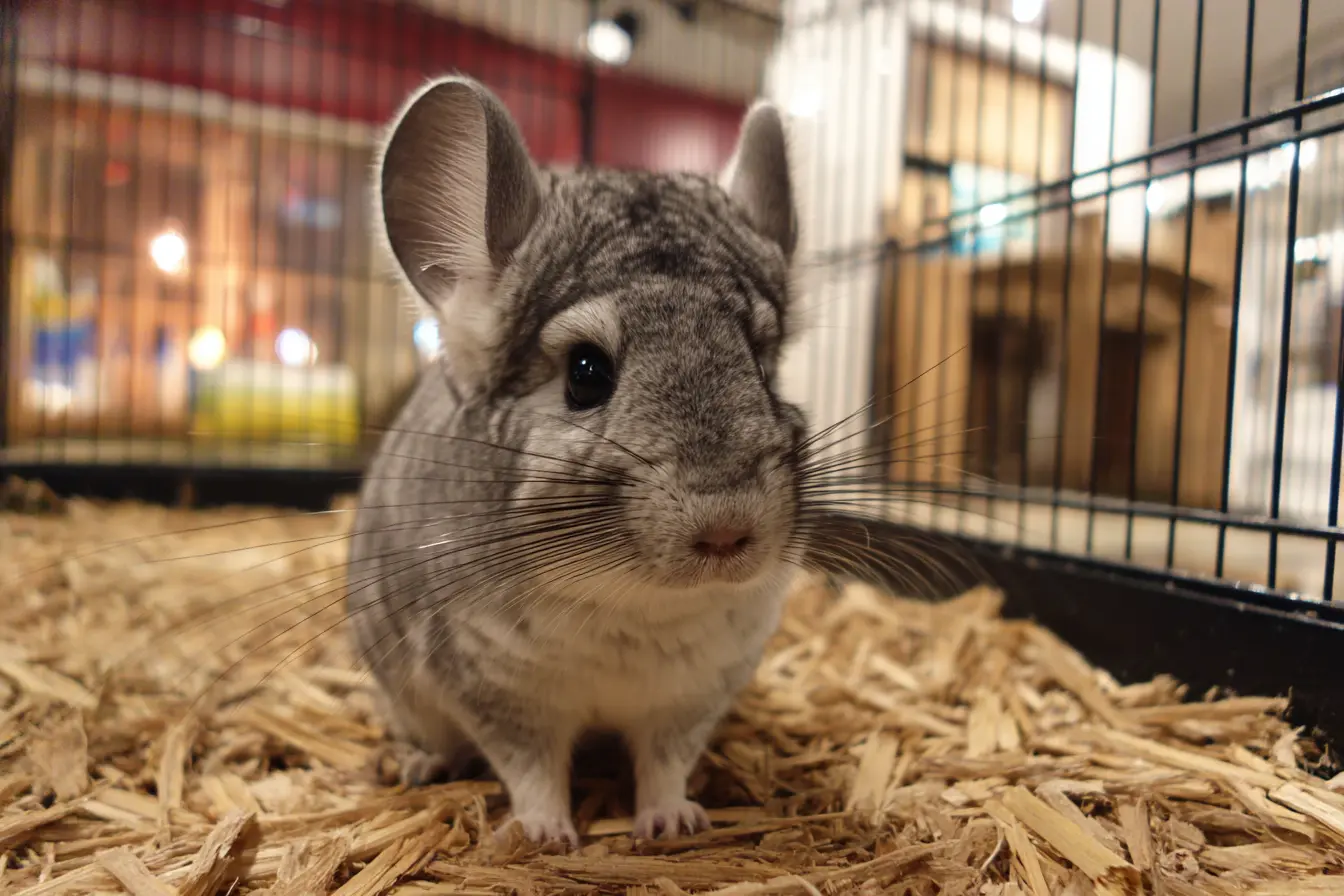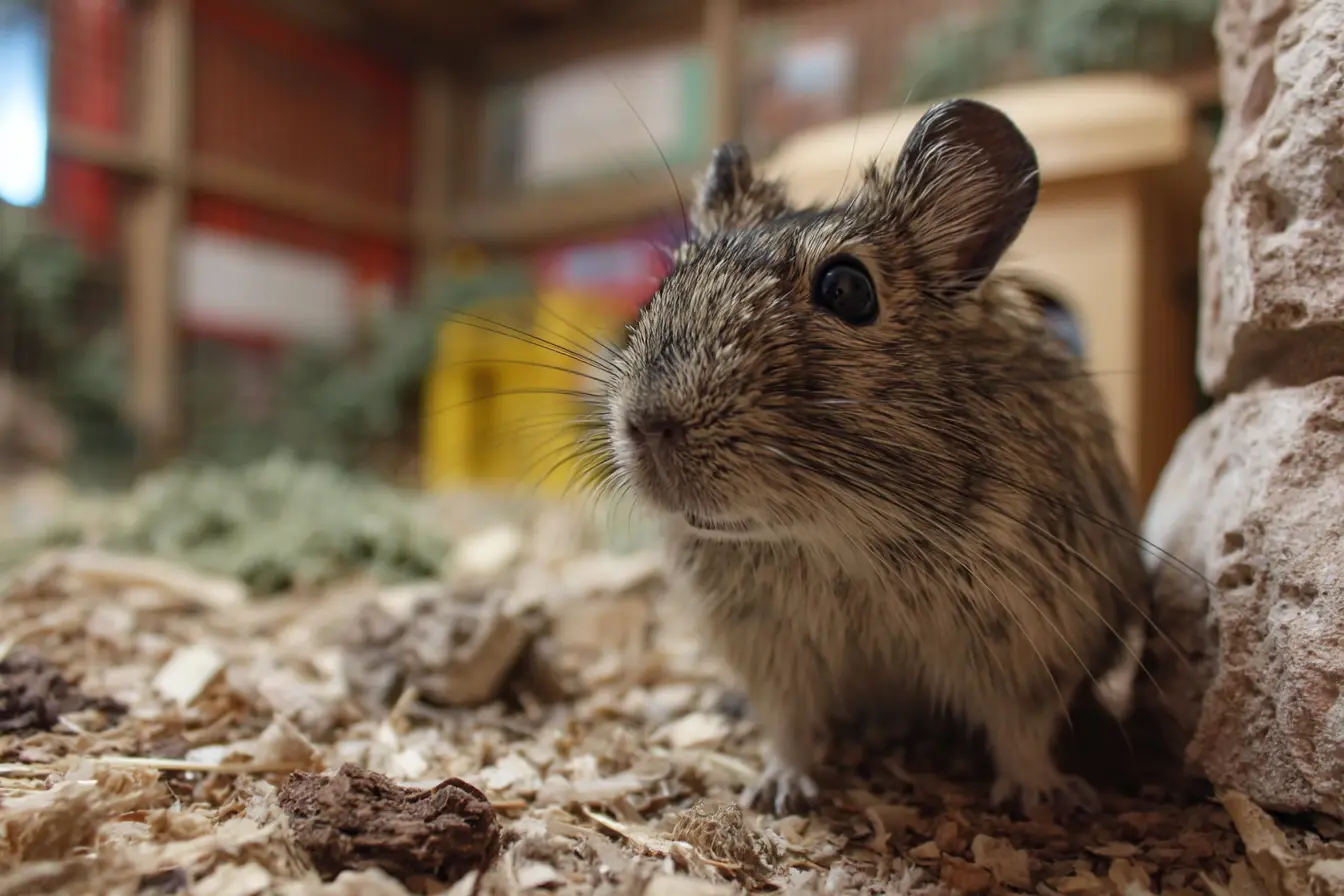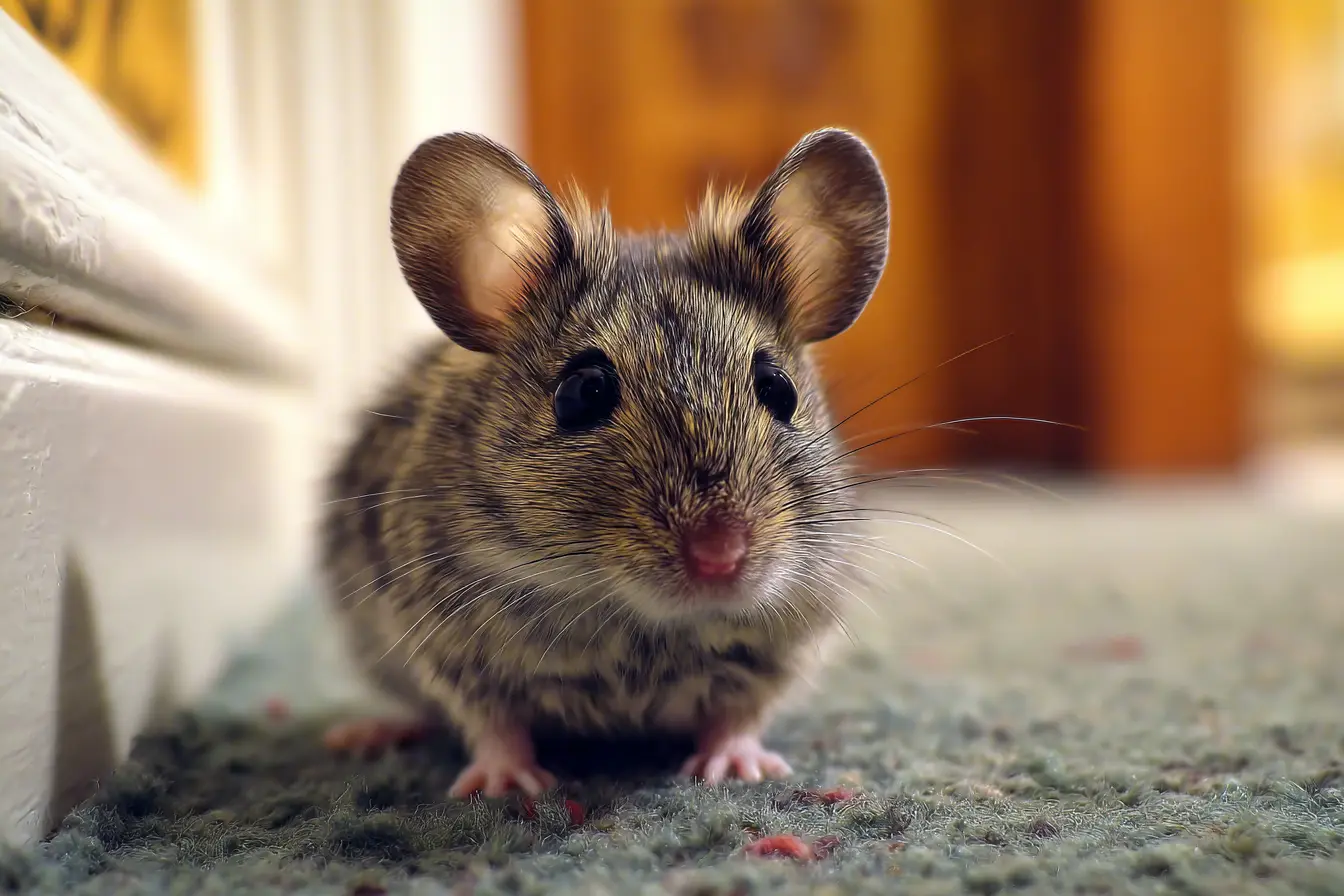
Fancy Mice: A Guide to the UK's Most Charming Small Pets
Fancy mice are the domesticated form of the common house mouse (Mus musculus) and are adored by pet enthusiasts and breeders alike for their wide variety of colours, patterns, and personalities. Small in size but big in character, fancy mice make fascinating and rewarding pets for the right owners. In this guide, we’ll explore everything you need to know about fancy mice — from their history and appearance to care tips and suitability as pets.
What Are Fancy Mice?
Fancy mice are the result of many generations of selective breeding, often overseen by hobbyists and members of mouse clubs like the National Mouse Club in the UK. Unlike wild mice, fancy mice are bred for specific traits, including coat type, colour, temperament, and body shape. The term "fancy" refers not just to their appearance but also to the hobby of breeding and showing mice.
History of Fancy Mice
The domestication of mice for fancy purposes dates back to the 17th century in Japan and became increasingly popular in Victorian England. Breeders began exhibiting mice at shows, and this tradition continues today with strict breed standards, classifications, and judging criteria.
Appearance and Varieties
Fancy mice come in an extraordinary range of varieties. Some of the most common types include:
Coat Types:
- Smooth Coat: The classic short, sleek coat seen in most fancy mice.
- Satin: Exceptionally shiny and soft fur with a glossy finish.
- Long-Haired (Angora): Flowing, soft fur that requires a little extra care.
- Rex: Curly fur and sometimes curly whiskers.
- Hairless: No fur at all — sensitive and requires special attention.
Colours and Patterns:
- Self: A single, solid colour (e.g., black, white, chocolate).
- Broken: Random patches of colour and white.
- Banded: A coloured mouse with a white band around its middle.
- Marked: Specific, symmetrical markings such as blaze or Dutch patterns.
- Tan and Fox: Solid top colour with a tan or cream belly.
- Brindle, Roan, and Merle: Unique mottled patterns.
The variety in fancy mice is one of their most appealing traits — no two are ever exactly the same!
Temperament and Behaviour
Fancy mice are active, curious, and social animals. They are typically:
- Most active during the evening and night, though many adjust to their owners' routines.
- Very clean and often groom each other if kept in groups.
- Intelligent and capable of learning simple tricks or routines.
Female mice tend to be more social and are best kept in groups or pairs. Males can be kept alone or with others only if introduced carefully and monitored, as they may fight.
Housing and Environment
Fancy mice require a clean, stimulating environment that keeps them safe and engaged.
Housing Tips:
- Cage Type: A barred cage with narrow spacing or a glass tank with a secure mesh lid.
- Size: Minimum 80 cm x 50 cm x 50 cm for a group of three females.
- Substrate: Use paper-based or aspen bedding (avoid pine or cedar).
- Enrichment: Tunnels, platforms, wheels (solid-surface), chew toys, cardboard tubes, and hiding places.
Keep their environment quiet, away from draughts and direct sunlight. Spot clean daily and do a full clean weekly.
Diet and Nutrition
A proper diet keeps fancy mice healthy and energetic.
Feeding Guidelines:
- Staple food: Commercial mouse mix or rodent pellets.
- Fresh vegetables: Carrot, kale, cucumber, broccoli (small portions).
- Protein: Mealworms or a small piece of boiled egg occasionally.
- Treats: Seeds and whole grains — in moderation.
Fresh water should always be available in a bottle or sturdy dish.
Handling and Bonding
Fancy mice are small and quick, so gentle and consistent handling is essential.
Bonding Tips:
- Start by placing your hand in the cage and letting them come to you.
- Scoop them gently with both hands or encourage them into a cupped hand.
- Handle over a soft surface in case they leap.
- Offer treats to build trust.
Most fancy mice become tame with regular handling and enjoy gentle interaction.
Health and Common Issues
Fancy mice can suffer from a few common health issues, especially as they age.
Health Concerns:
- Respiratory infections: Sneezing, wheezing, or laboured breathing.
- Tumours: Especially in older females.
- Skin mites or lice: Itching, hair loss, or scabs.
- Overgrown teeth: Always provide chew items.
If you notice any changes in behaviour or appearance, consult a small-animal vet.
Breeding and Showing
Breeding fancy mice should only be attempted by experienced keepers who understand genetics, housing needs, and welfare. Uncontrolled breeding can lead to health issues and overcrowding.
Fancy mice are also shown competitively across the UK. Mice are judged on colour, coat quality, body shape, and temperament. If you're interested in the hobby, consider joining the National Mouse Club for support and standards.
Is a Fancy Mouse Right for You?
Fancy mice make excellent pets for:
- Older children under supervision
- Adults looking for a small but engaging animal
- Those with limited space
- People who enjoy observing animals as much as handling them
They may not be suitable for very young children or those seeking a cuddly or long-living companion.
Final Thoughts
Fancy mice are delightful, intelligent, and full of personality. Whether you’re drawn to their beautiful variety or their busy behaviour, they offer a rewarding pet-keeping experience when given proper care. With the right environment, nutrition, and attention, these tiny companions will thrive and become a cherished part of your home.
If you're looking for a low-cost, high-character pet — the fancy mouse might just be the perfect choice.
Vets near you
Speciality vets
- Aquatics vet specialists
- Birds vet specialists
- Camelids vet specialists
- Cats vet specialists
- Cattle vet specialists
- Deer vet specialists
- Dogs vet specialists
- Equines vet specialists
- Exotic vet specialists
- Goats vet specialists
- Pigs vet specialists
- Poultry vet specialists
- Sheep vet specialists
- Small Mammals vet specialists
- Wild vet specialists
Vet facilities
- Accessible by public transport
- Blood testing
- Car park nearby
- Client car park
- Dentistry
- Diagnostic imaging
- Disabled public access
- Flea and worm treatments
- Microchipping
- Mobile services
- Neutering
- Open at weekends
- Out-of-hours service
- Referral interests
- Referrals only
- Street parking outside
- Toilets available
- Vaccinations
